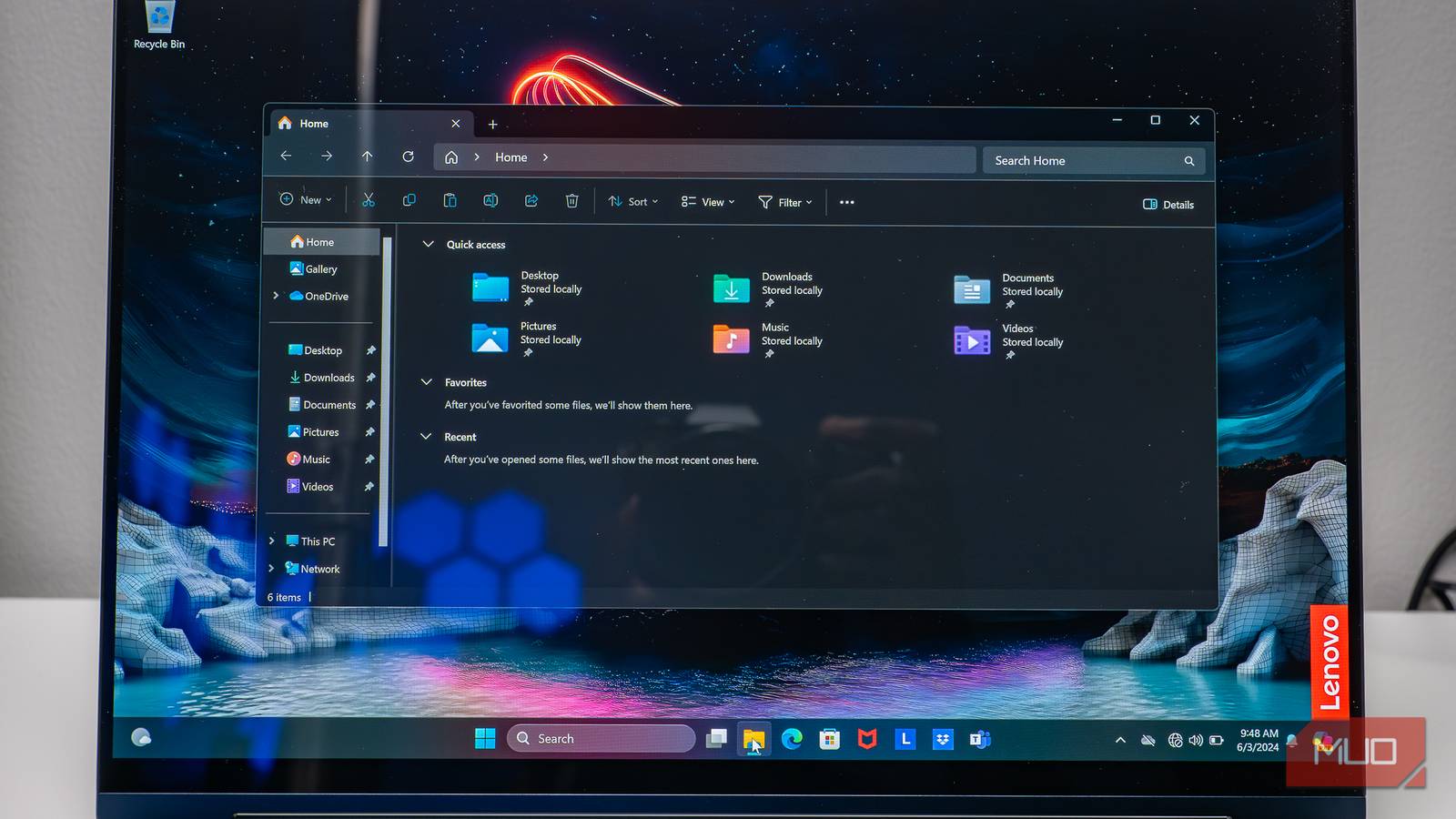Subscribing at the Platinum level costs $50 more than the Premium level. Naturally, you get all the premium features. In addition, PrivacyHawk monitors the dark web for your personal data and reports on data breaches. It keeps an eye out for unauthorized change of address requests and for misuse of your SSN. And it offers phone support with a $1 million guarantee if you suffer identity theft.
To start, you enter your first and last name and full physical address. If you’re keeping score, this is the third time you’ve done something like this. You supplied your name, age, and city to check data brokers. To opt out of the company storage of your data, you must fill in your name, address, and birth date. I get the feeling that some kind of central storage would be beneficial.
Next, add your birthdate, SSN, phone number, and email. After you submit a texted verification code, you’re in! When searching for data broker profiles or sending data opt-out requests, you’re limited to a single address, phone, and email. The identity protection system goes well beyond that. You now add even more personal data, the data that PrivacyHawk will monitor on the dark web and other sources. You can save:
-
10 Addresses
-
20 Bank accounts
-
10 Credit/Debit cards
-
10 Driver’s licenses
-
10 Emails
-
10 Medical IDs
-
10 Passports
-
10 Phone numbers
-
3 SSNs
That’s nine types of personal data. Avast One Platinum, Bitdefender, and Norton track 11 types, adding birthdate and mother’s maiden name. The average is a little over 10 types of data, so PrivacyHawk is right in the mix.
(Credit: PrivacyHawk/PCMag)
Once you’ve entered this important information, you’re done. There’s no option to hook up your bank accounts and monitor for anomalous transactions the way you can with Bitdefender, Norton, Webroot Total Protection, and a few others. The social media tracking offered by ESET HOME Security Ultimate, IDShield, IDX Complete, and others doesn’t show up with PrivacyHawk. And, like UltraAV, PrivacyHawk doesn’t monitor your credit score with any of the credit bureaus, nor does it help you manage credit freezes.
All the dedicated identity theft services I’ve evaluated offer some form of lost wallet protection. With many of them, you record the contents of your wallet to aid in recovery. PrivacyHawk doesn’t do this, though its remediation assistants will surely help you recover from the consequences of losing your wallet.
So, what does PrivacyHawk do to protect your identity? First, as noted, it scans the dark web to see if any of your personal data is for sale. If it finds a problem, you’ll get an alert. You’ll also get notified if your data appears in a breach, or if there’s suspicious activity around your SSN or change of address. These features work in the background—you won’t see them except when they find something to report.

(Credit: PrivacyHawk/PCMag)
Then there’s the big one, the $1 million guarantee. If you experience identity theft, you can call the 24/7 help hotline for recovery assistance. PrivacyHawk promises to cover expenses up to $1 million, with certain limitations. For example, the insurance covers lost wages, but no more than $1,500 per week for up to five weeks. It covers travel expenses, elder care expenses, and an initial legal consultation, but provides no more than $2,000 for each.
Bitdefender Ultimate Security and Norton maintain separate funds to reimburse for stolen funds and for ransomware losses. At its most expansive and expensive level, Norton 360 With LifeLock reserves a million dollars to each of these, for a total of $3 million potentially to spend on your case. Bitdefender’s top tier goes up to $2 million. PrivacyHawk doesn’t maintain similar separate funds.
It’s important to remember that identity protection in PrivacyHawk is a bonus, not the main event. PrivacyHawk is primarily oriented toward personal data removal. The identity protection features are a top-tier add-on, at an incremental cost of $50 per year over the basic service. It’s not in competition with the major (and more expensive) identity theft services. If you feel its somewhat limited identity features are worth $50, go for it! If not, just stick with the standard Premium tier.










